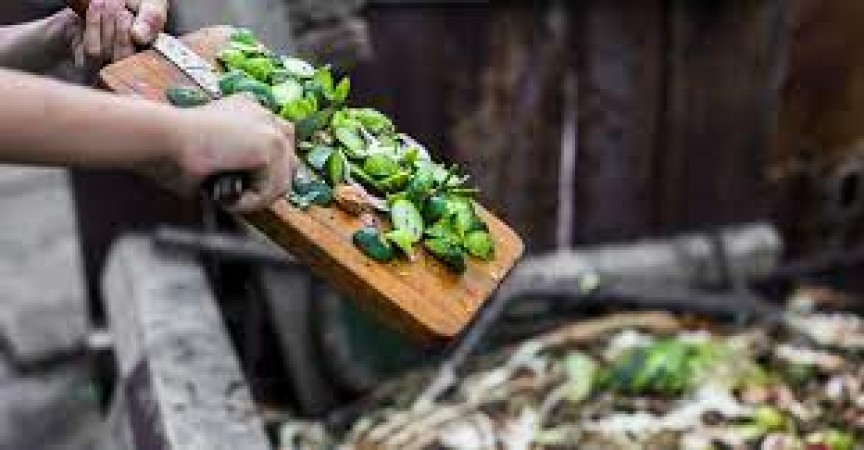
In today's world, where sustainability and eco-friendliness are gaining more importance, composting kitchen waste has become a hot topic. It's an effective way to reduce waste, enrich your garden soil, and contribute to a greener planet. If you're wondering when the best time is to start composting your kitchen waste, you're in the right place. In this article, we'll explore the ins and outs of when and how to kickstart your composting journey.
Understanding the Basics of Composting
Composting is a natural process where organic materials like kitchen scraps, yard waste, and paper break down into nutrient-rich soil. The key components of successful composting include a balanced mix of green materials (nitrogen-rich) like fruit and vegetable scraps, and brown materials (carbon-rich) like paper and leaves.
Benefits of Composting Kitchen Waste
Composting kitchen waste offers numerous benefits. It reduces landfill waste, conserves energy, and lowers greenhouse gas emissions. Moreover, the resulting compost enhances soil quality by improving its structure, water retention, and nutrient content.
Gathering Your Composting Materials
Before you start composting, gather your materials. Collect kitchen scraps such as fruit peels, coffee grounds, and eggshells. Brown materials like shredded paper, dried leaves, and small twigs are essential for a well-balanced compost pile.
Setting Up the Composting Area
Choose a suitable spot for your compost pile or bin. Ensure good drainage and proper aeration. A mix of sunlight and shade is ideal. Now, it's time to start building your compost!
When Should You Start Composting?
The answer is simple: start as soon as possible! There's no better time than now to make a positive impact on the environment. Whether you have a sprawling garden or a small apartment balcony, you can find a composting method that suits your space.
Composting Dos and Don'ts
Do add a variety of materials to your compost pile. Don't include meat, dairy, or oily foods, as they can attract pests. Do turn your compost regularly to aerate it, but don't overload it with too many high-nitrogen materials.
Monitoring and Maintaining the Compost
Regularly check the moisture level and temperature of your compost pile. Adjust as needed to create an optimal environment for decomposition. A well-maintained compost pile will yield results faster.
Harvesting and Using Your Compost
Your patience and effort will be rewarded with dark, crumbly compost that smells earthy. Use it to enrich your garden soil, boost plant growth, and lock in moisture. Your plants will thrive with this natural, nutrient-packed fertilizer.
Troubleshooting Common Issues
Encountering problems like a smelly compost pile or slow decomposition is normal. Refer to troubleshooting guides to identify issues and apply corrective measures.
Tips for Successful Kitchen Waste Composting
Chop larger materials for faster decomposition.
Maintain a proper balance between green and brown materials.
Turn your compost regularly to prevent odors.
Cover your compost to retain heat and moisture.
Embracing Composting as a Lifestyle
Composting is more than just a waste management method; it's a way of life. As you reduce your kitchen waste and witness the transformation into nutrient-rich compost, you'll feel a deeper connection to the environment.
Teaching Kids About Composting
Get your children involved in composting to instill eco-friendly habits. Teach them the importance of reducing waste and nurturing the earth through this hands-on experience.
Composting in Urban Settings
Living in a city doesn't mean you can't compost. Urban composting solutions, like worm bins and Bokashi systems, are perfect for apartment dwellers and those with limited outdoor space.
The Future of Kitchen Waste Management
As sustainable practices gain momentum, innovative technologies for kitchen waste management are emerging. These advancements aim to make composting even more efficient and accessible to everyone. Composting kitchen waste is a small effort that yields significant positive impacts on the environment. By following the steps outlined in this article, you can start composting today and contribute to a more sustainable future.
Ra.One and Its Record-Breaking Journey in Bollywood
US Federal Reserve Introduces Stricter Oversight on Stablecoins and Crypto Activities